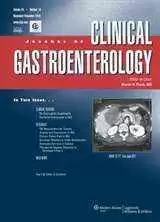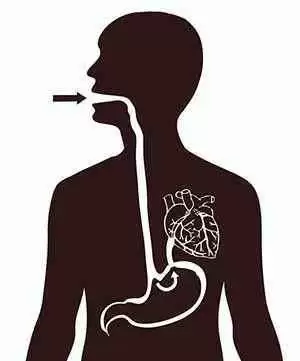Celiac that do not remain on a gluten-free diet can develop Refractory Sprue. Refractory Sprue and Collagenous Sprue patients who initially respond to a gluten-free diet many subsequently relapse despite maintaining their diet. Such patients are then refractory to further dietary therapy. In contrast, others are refractory to dietary therapy from its inception and, assuming they are truly on a gluten-free diet, may not have celiac disease; these patients are said to have unclassified Sprue. Some refractory patients with celiac disease, typical or atypical, respond to treatment with corticosteroids or other immunosuppressive drugs. In others, there is no response and malabsorption may be progressive. Collagenous Sprue is characterized by the development of a thick band of collagen-like material directly under the intestinal epithelial cells and has been regarded by some as a separate entity from celiac disease. However, subepithelial collagen deposition has been noted in up to 36% of patients with classic Celiac Disease and in Tropical Sprue. Although individuals with large amounts of subepithelial collagen may be refractory to therapy, the presence of collagen does not , a riori, preclude a successful response to a gluten-free diet. Collagenous colitis accompanying celiac disease also has been observed and would be considered in the diagnosis of diarrhea occurring in celiac disease patients on a gluten-free diet.






Recommended Comments
There are no comments to display.